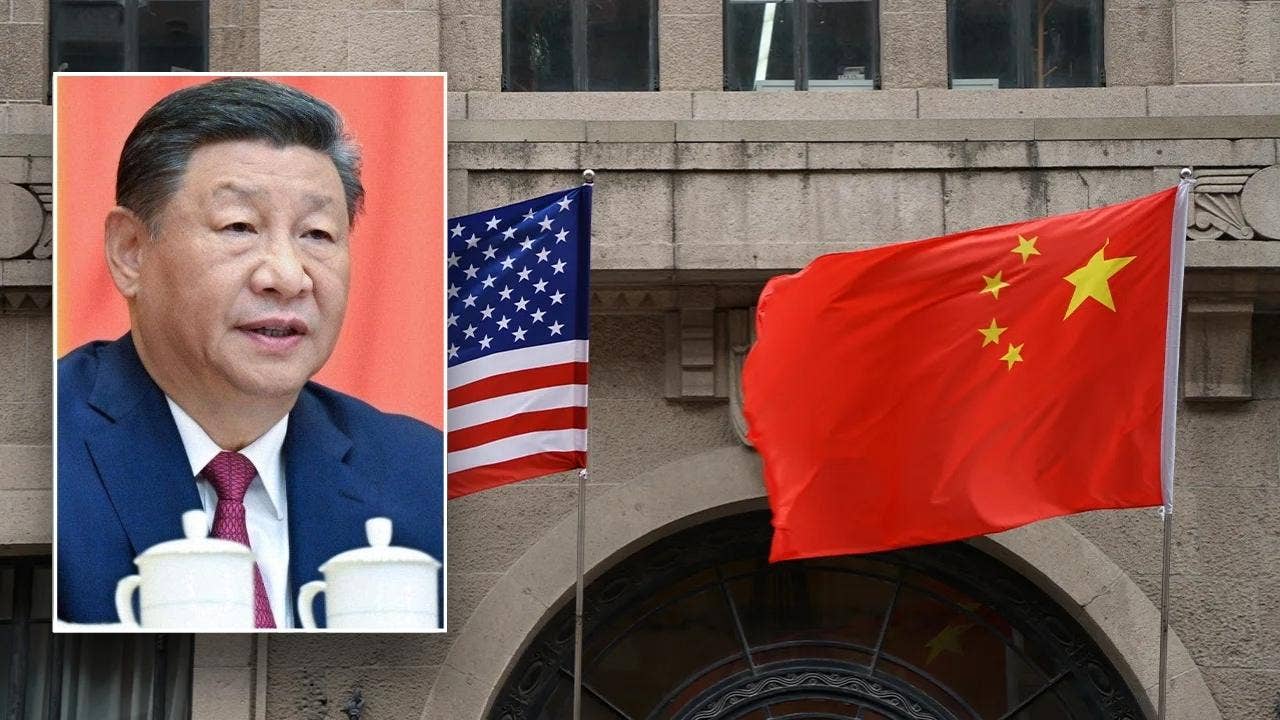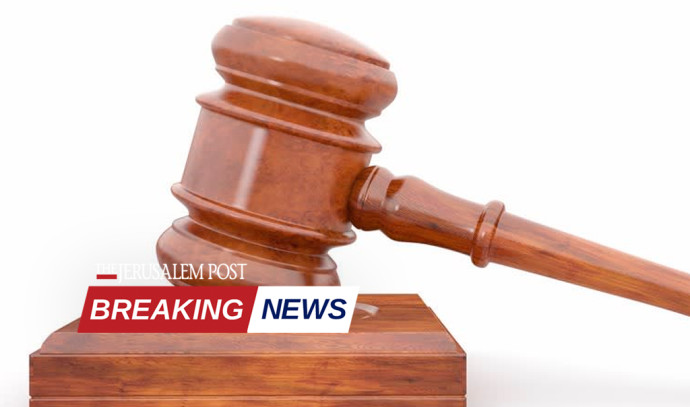Fri Nov 1, 2024 - 10:13 am EDT
VATICAN CITY (LifeSiteNews) — Cardinal Raymond Burke has stated that the proposals of the Synod on Synodality’s final document are “extremely troublesome and dangerous.”
In a World Over interview with EWTN’s Raymond Arroyo October 31, Burke opined briefly on the final text which has emerged from the recently concluded Synod on Synodality.
READ: Synod final text calls for continued ‘process’ with synodal ‘listening’ and dialogue
The document, adopted by Pope Francis rather than being used to write an apostolic exhortation, contains plans for increased lay governance, synodal liturgy, and argues the female diaconate is a question that “remains open.”
But Burke critiqued the event and the text, re-iterating his long-standing point that the synod has an undefined focus: “No one has been able to define what the meaning of synodality is – this has become kind of a place holder for advancing all kind of ideas about the Church, about the sacred liturgy.”
With Francis having adopted the synod’s final document into papal magisterium, this means that the consultative body – of clerics and laity – has in effect become a teaching one. Burke rejected the idea that the synod is an “essential mark of the Church,” while also admitting that a proper place does remain for consultation within the ecclesial sphere:
The Church’s hierarchical communion has taught, and the Second Vatican Council is clear from Our Lord’s own example informing the Church in the very beginning of its public ministry, while there is a role for consultation according to the ancient synods, this is not an essential mark of the Church. This is extremely troublesome and dangerous and it needs to be corrected.
He also warned about the work of the papally-instituted study groups – of which the fifth is dealing with the issue of female deacons – and which are de facto continuing the work and process of the Synod on Synodality into June 2025.
“This is going to simply generate more confusion and division to the harm of the Church’s mission,” Burke commented.
“We should be devoting our energy to the proclamation of the truth about human life, about human nature, human sexuality, marriage, the family, religious freedom,” he urged. “This is what we need to give our attention to.”
“So I pray with all my might that this will be corrected,” Burke added.
Just like last year, certain U.S. prelates have swiftly issued personal calls for the ecclesial structure in the U.S. to be made more in line with “synodality.”
READ: Cardinals McElroy, Cupich join Fr. James Martin in praising Synod on Synodality’s final text
The day the synod ended, Cardinals Robert McElroy and Blase Cupich gave a joint interview in which they called for a reform of the U.S. Conference of Catholic Bishops’ (USCCB) leadership structure. Cupich said that in light of the synod it is “very clear from the document that this is what we’re supposed to do.”
The synod’s final document made strong calls for implementing increased lay roles through the Church, especially with regard to governance. Some further limits would be also placed on papal power, with the document arguing a pope cannot “ignore a direction which emerges through proper discernment within a consultative process, especially if this is done by participatory bodies.”
Asked by Arroyo about these comments, Burke said that “people who make these kinds of proposals ought to be able to express articulately, clearly, understandably for the Catholic faithful what this means, otherwise this is very dangerous, dangerous speech.”
Burke has been a consistent critic of the Synod on Synodality, along with fellow cardinals Gerhard Müller, Walter Brandmüller, Joseph Zen, and Robert Sarah.
READ: Cardinal Burke warns Synod is part of ‘revolution’ to ‘radically’ change the Catholic Church
Writing a foreword to a book on the synod last year, Burke decried “synodality” as a front for a “revolution” that is working to “radically” alter the Catholic Church in line with a “contemporary ideology” that rejects much of Church teaching:
Synodality and its adjective, synodal, have become slogans behind which a revolution is at work to change radically the Church’s self-understanding, in accord with a contemporary ideology which denies much of what the Church has always taught and practiced. It is not a purely theoretical matter, for the ideology has already, for some years, been put into practice in the Church in Germany, spreading widely confusion and error and their fruit, division – indeed schism – to the grave harm of many souls.
Then on the eve of the 2023 synod session, Burke commented that the synod’s invocation of the Holy Spirit is for “the advancement of an agenda that is more political and human than ecclesial and divine.”
The synod has now officially concluded, although synod leadership have asked that the process continue.
To read what happened at every stage of the Synod this past month in Rome, find LifeSite’s full coverage of the Synod on Synodality here, and also on the X account of LifeSite’s Vatican correspondent.
Your support makes stories like this possible!
LifeSiteNews is completely donor supported, allowing us to report on what truly is happening in the world, free of charge and uncensored. A donation to LifeSite will ensure millions around the world can continue to come to our site to find the truth people are so desperately searching for on life, faith, family and freedom.

 By LifeSiteNews (Politics) | Created at 2024-11-01 14:22:39 | Updated at 2024-11-01 16:24:33
2 hours ago
By LifeSiteNews (Politics) | Created at 2024-11-01 14:22:39 | Updated at 2024-11-01 16:24:33
2 hours ago



